


Help Children Communicate With Confidence Through Speech Therapy in Perth
Support your child’s growth with personalised care from qualified professionals. Our paediatric speech therapy in Perth helps children navigate communication challenges and engage more fully with their surroundings.



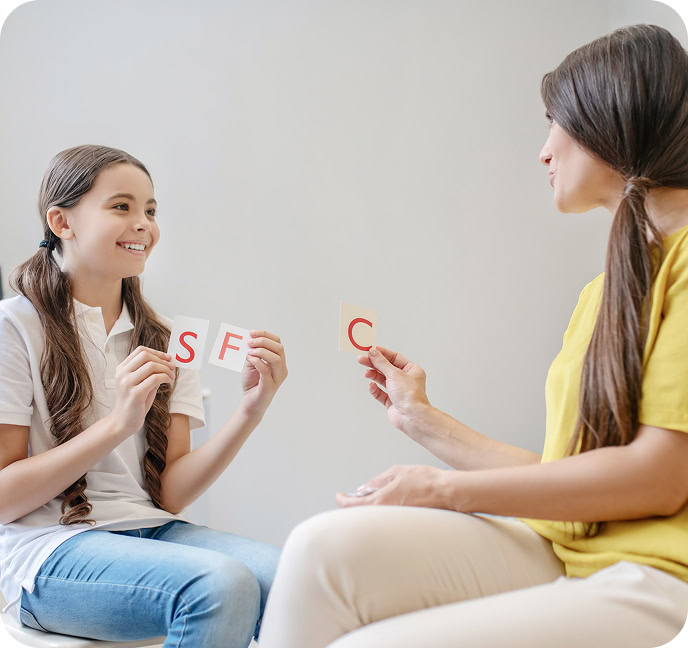
Improving Language, Speech, and Social Connection Through Therapy
Every child deserves the chance to be heard and understood. At Perth CDC, we use evidence-based strategies to strengthen speech, language, and social communication skills. Therapy is tailored to each child’s developmental stage, with goals to build confidence, independence, and connection. Whether your child struggles with clarity, vocabulary, or social interaction, our team is here to guide them.
Candidate
Who Can Benefit From Speech and Language Support
Children grow and communicate in unique ways. While many individuals develop speech and language naturally, others may require additional support to thrive. Early intervention can make a meaningful difference in a child’s confidence, learning, and social participation. The following examples highlight situations where speech therapy may offer valuable support:
- A toddler who isn’t using words or gestures by 18 months may be frustrated or withdrawn. They may struggle to express basic needs to others.
- A preschooler may struggle to follow instructions or form full sentences. This can make classroom learning and group play more difficult and emotionally overwhelming.
- A child may avoid eye contact or struggle with turn-taking. These challenges can lead to social isolation or frequent misunderstandings in peer or group interactions.
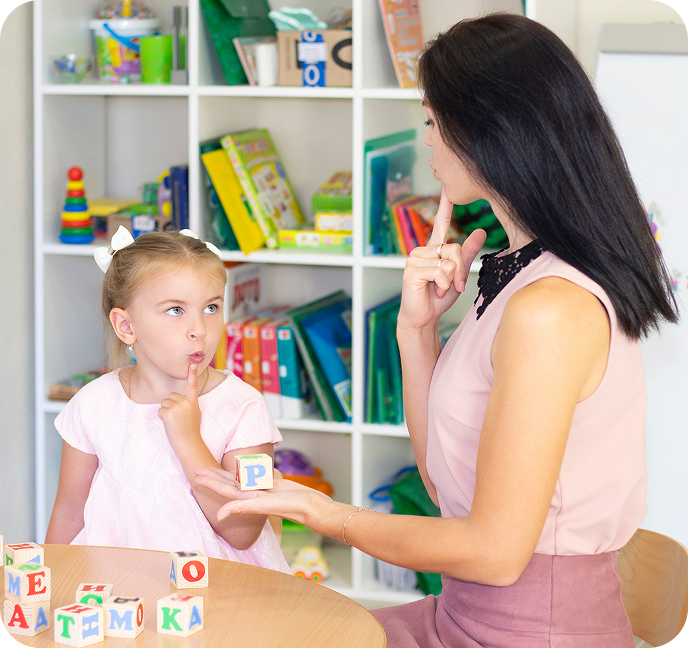

Benefits
The Role of Speech Therapy in Communication and Confidence
Speech therapy is an important part of many children’s development. It offers tailored support that nurtures communication, builds confidence, and encourages stronger connections. Every child’s journey is different, and therapy can play a key role in helping them grow. The points below highlight a few of its key benefits.
- Speech therapy improves the clarity of speech and understanding. It helps children communicate more effectively with family, friends, and teachers every day.
- Speech therapy helps develop social confidence through listening, turn-taking, and sharing thoughts. It allows children to build stronger connections and lasting friendships.
- Speech therapy supports emotional resilience by reducing frustration and fostering a sense of belonging. It helps children express themselves openly and feel more confident every day.
Ask About Speech Therapy Services at Perth CDC
Get in touch with our friendly team to learn how speech therapy at Perth CDC can guide your child’s communication, confidence, and development.





Why Families Choose Our Speech Therapy Services
Whether it’s first words or social conversations, communication can shape how a child connects with the world. Our speech pathologists support every step with patience, creativity, and genuine care.
Therapy That Builds Confidence Through Communication
Our goal is to help children feel more confident when they express themselves, whether that’s through speech, gestures, or alternative communication tools. Sessions are tailored to suit your child’s learning style, strengths, and goals. We gently guide each step, celebrating progress, no matter how small. The result is often more than clearer communication; it’s stronger confidence, improved relationships, and better participation at home, in school, and in the community.
Play-Based Sessions That Keep Children Engaged
We believe learning happens when children are having fun. That’s why our sessions often feel more like play than work. We use toys, stories, movement, and creativity to encourage communication in natural, enjoyable ways. This keeps children motivated and relaxed while we work on specific speech and language goals. Families often tell us their child looks forward to each visit, and that matters just as much as the results.
Support That’s Practical, Flexible, and Family-Focused
We know that speech and language needs don’t stop at the clinic door. Our team works closely with families to create strategies that fit into daily life. Whether it’s building vocabulary during storytime or supporting instructions at the dinner table, we offer guidance that’s easy to use and realistic for your routine. You’ll be included in every step of the process, with strategies you can apply between sessions.
Help for a Range of Communication Challenges
Our speech pathologists support children across a wide spectrum of communication needs, from articulation and stuttering to receptive language and social communication. We begin with thorough, play-based assessments and tailor therapy based on your child’s current abilities and communication goals. If additional support is needed, we work closely with other Perth CDC clinicians to coordinate care so no concern is looked at in isolation.
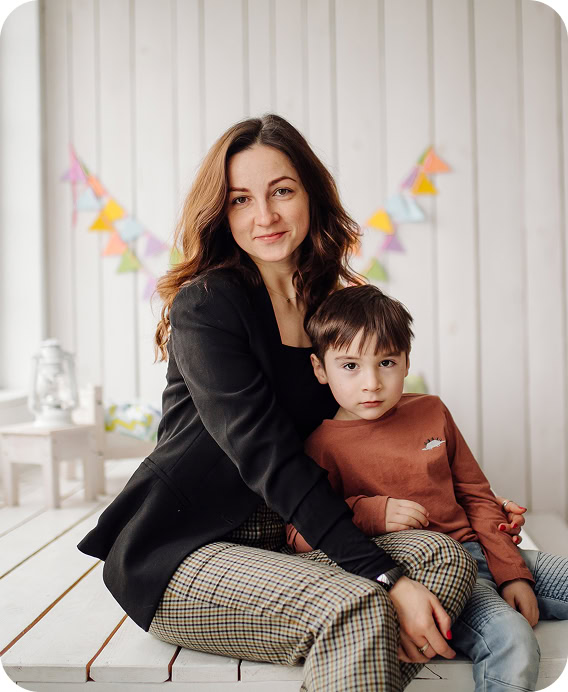



Get to Know the Dedicated Professionals Behind Your Child’s Care

PAEDIATRICIAN | MBBS, MD, FRACP
AHPRA Reg. No. MED0001173471
Dr. Feng brings experience as a consultant paediatrician with a focus on developmental and general medical concerns. Her approach is calm, attentive, and family-focused.
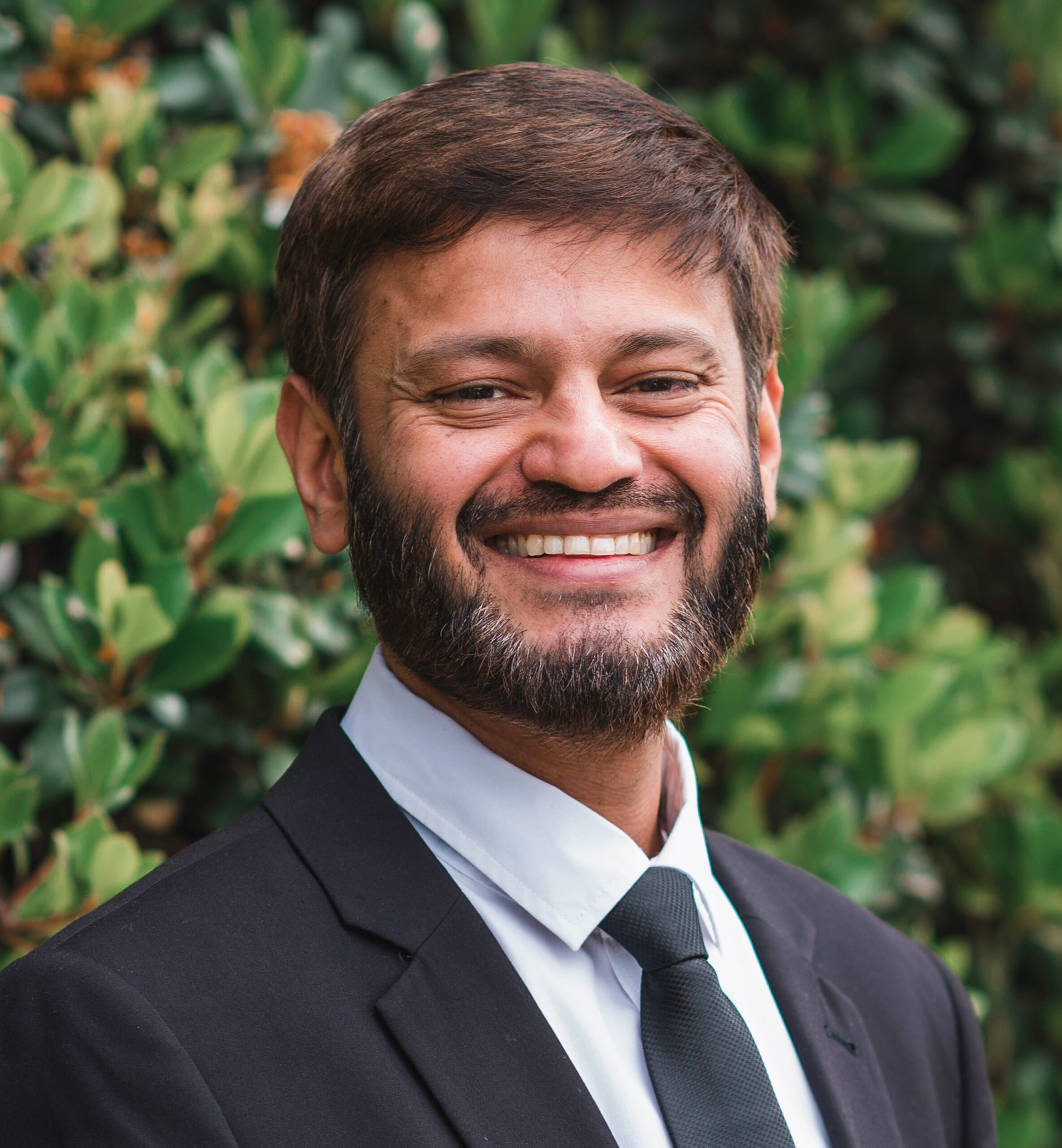
DIRECTOR AND MEDICAL LEAD | MBBS, DCH, FRACP, GCAD
AHPRA Reg. No. MED0001526597
As co-founder and senior paediatrician, Dr. Karande manages care for children with autism, ADHD, and behavioural concerns. He is ADOS‑2 trained and experienced in developmental paediatrics.

CONSULTANT PAEDIATRICIAN | MBBS, FRACP
AHPRA Reg. No. MED0001551395
Dr. Chawla is a general paediatrician who manages acute and chronic childhood conditions. Her interests include feeding issues, eczema, asthma, and developmental care.
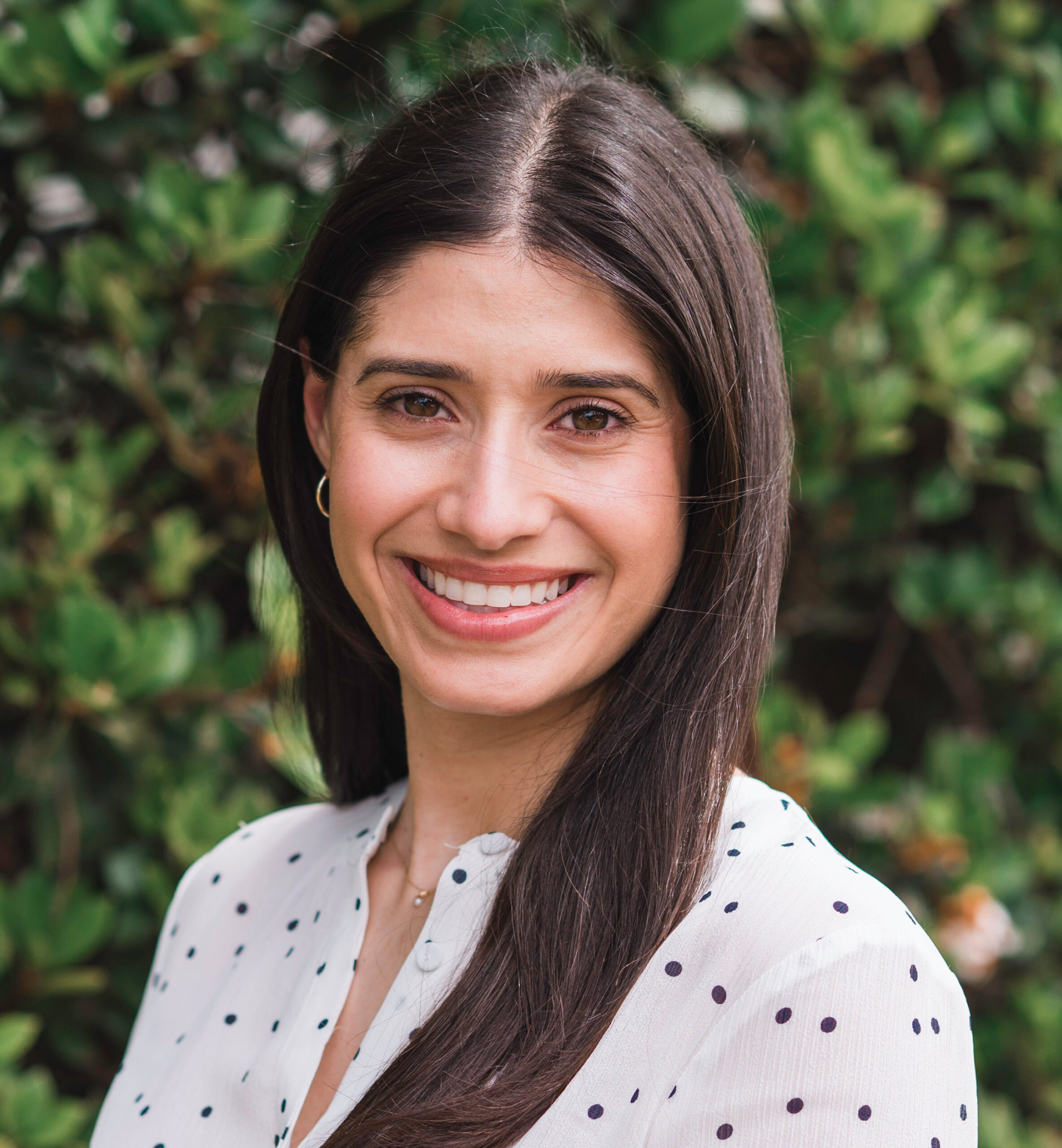
DIRECTOR | BSc (Hons) Speech and Language Pathology
Claudia is a speech pathologist who works with children with speech, language, and communication needs through engaging, individualised sessions that build skills and confidence.
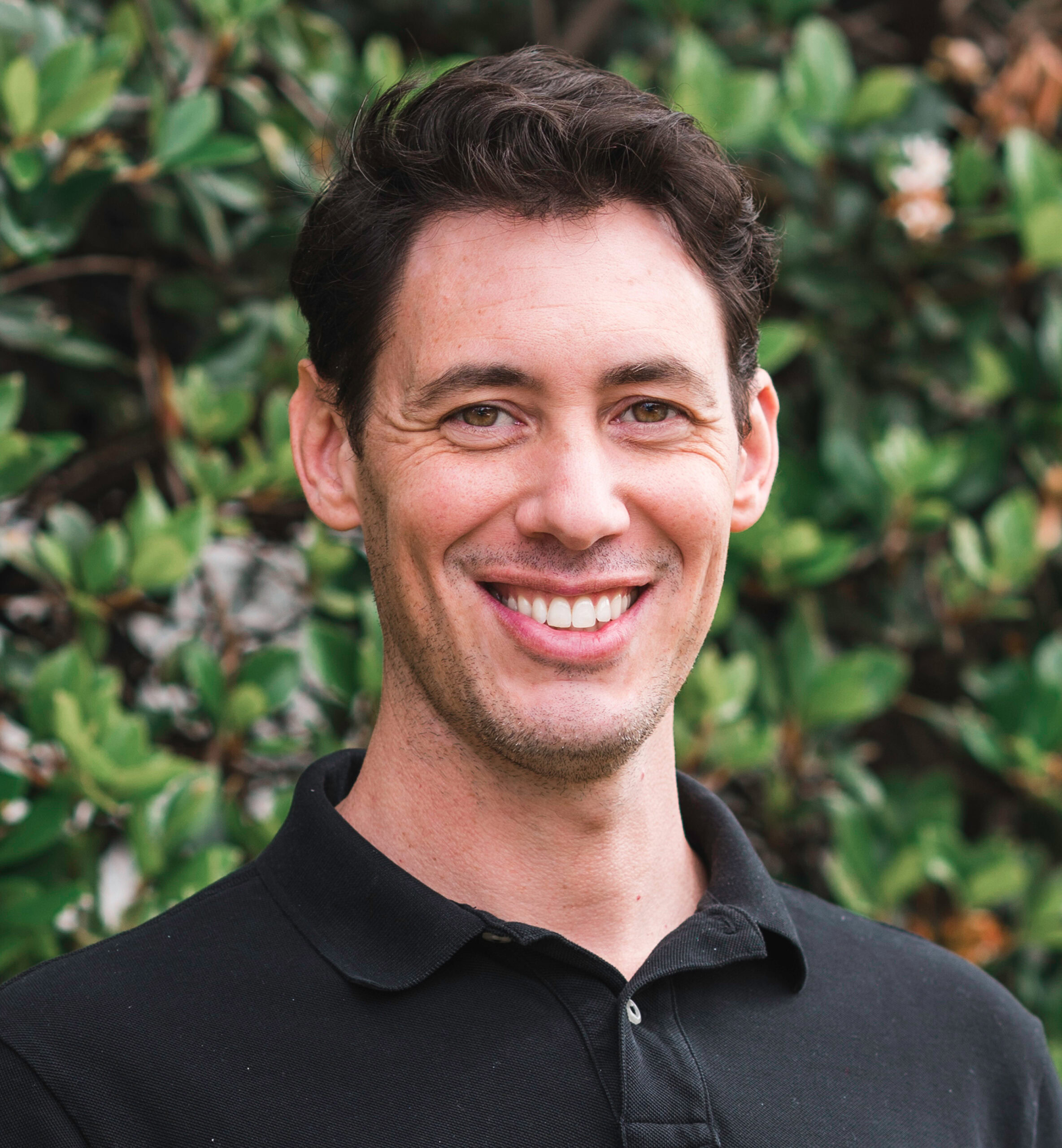
DIRECTOR | MClinPhysio (Curtin), BSc Physiotherapy
AHPRA Reg. No. PHY0001846525
Simone, a paediatric physiotherapist, helps children build strength, balance, and coordination using fun, movement-based therapy to promote functional everyday development.
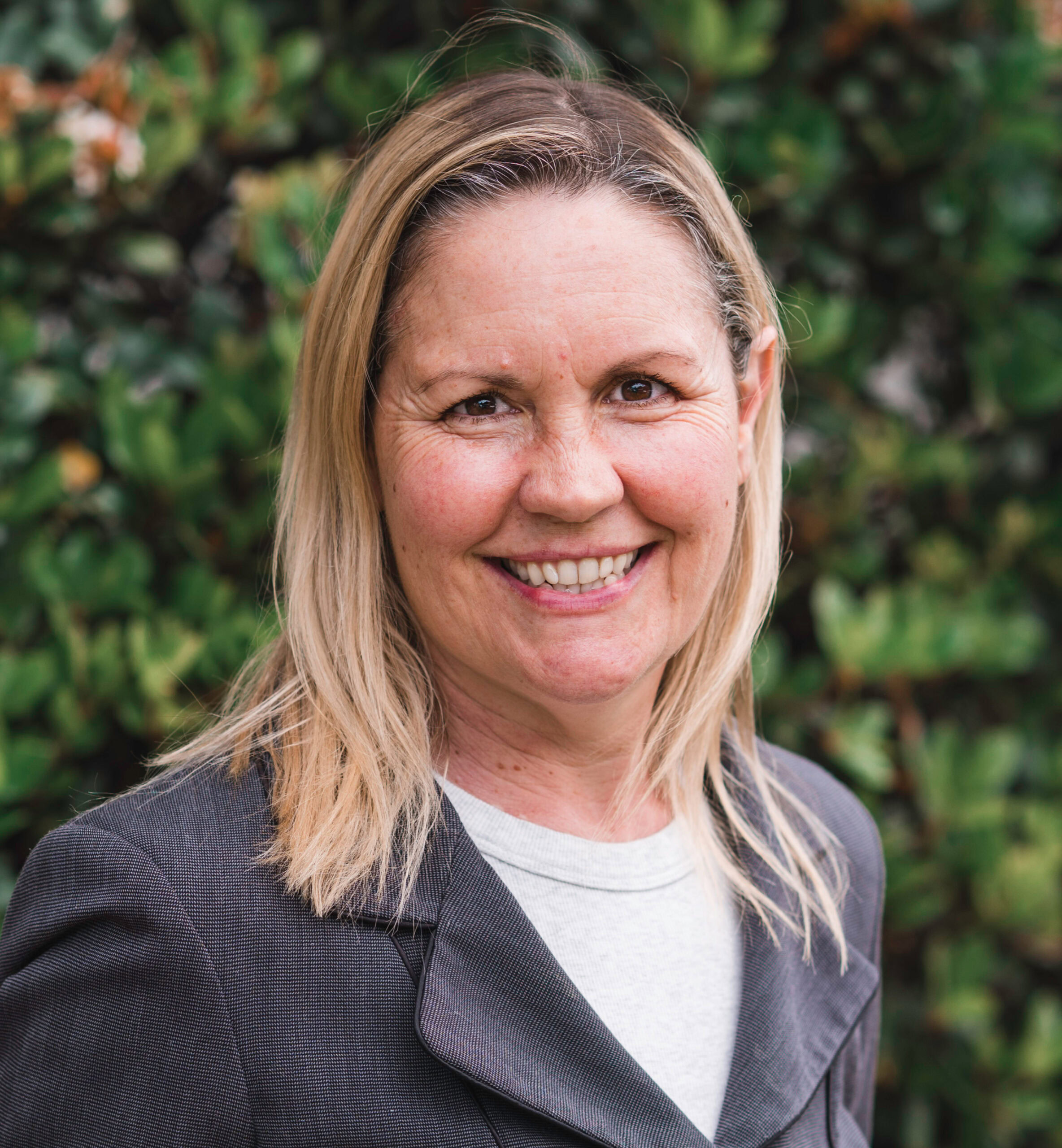
SPEECH PATHOLOGIST | BHLTHPROM, GRADDIPPSYCH, BSPPATH
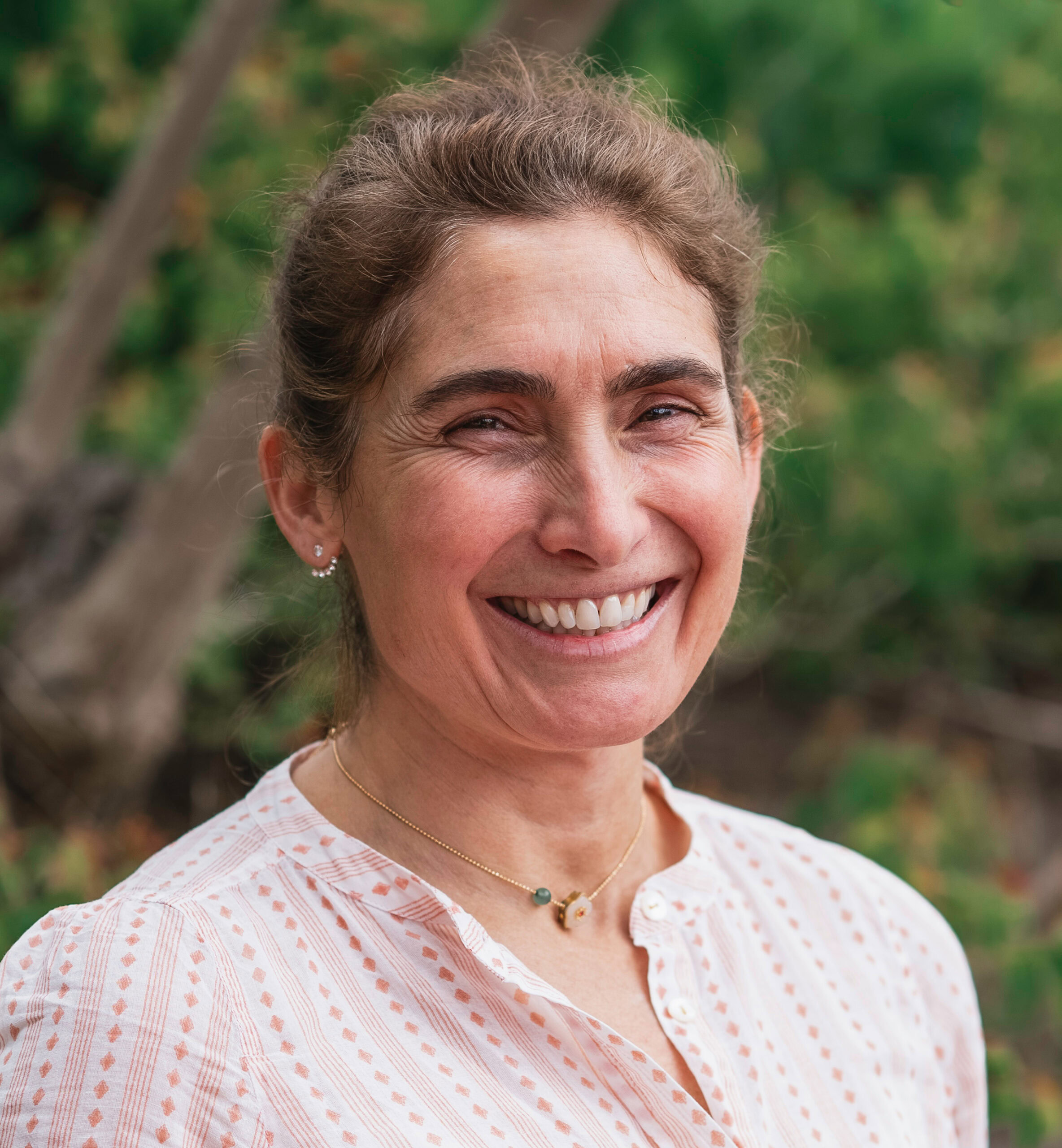
PSYCHOLOGIST | BA SC (PSYCH), (HONS), MPSYCH
AHPRA Reg. No. PSY0002656530
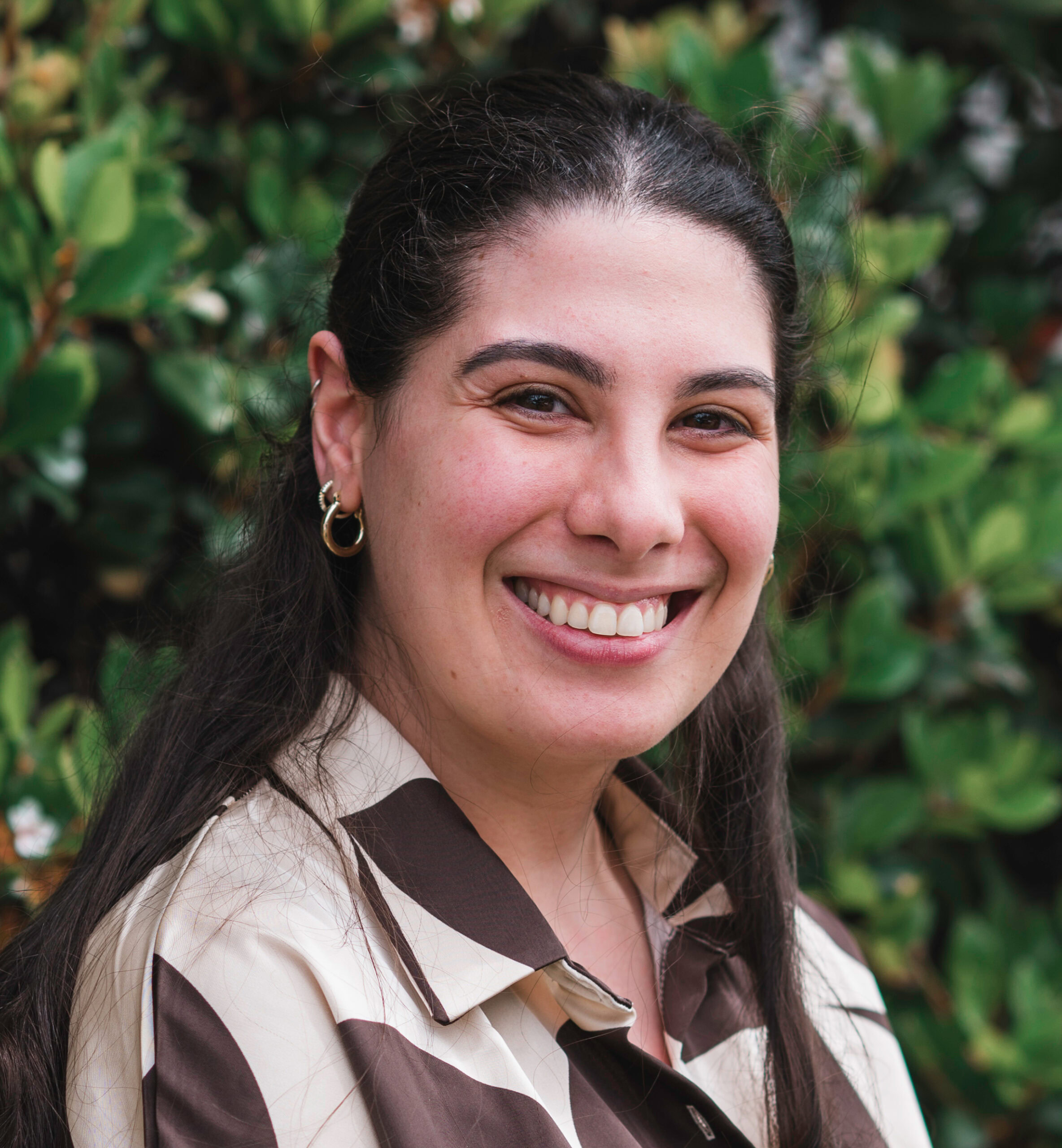
OCCUPATIONAL THERAPIST | BOccTher, BExSc
AHPRA Reg. No. OCC0002737291
Jasmine Berlingeri has a background in exercise science and occupational therapy. She uses creative and supportive approaches to assist children in developing skills and strengthening family involvement in daily activities.
What Families Say About Their Perth CDC Experience
Parents often share that they feel supported, understood, and genuinely cared for. Their feedback reflects the strong, trusting relationships that have been built between families and our team.
Thank you Perth CDC for your kind and empathetic receptionist Hetal and wonderful, professional Dr Amruta Pendse for caring for my son. I am forever grateful for your guidance and support. I would highly recommend Perth CDC to any mother, parent, guardian or family.
Dr Karande made my child & myself feel very comfortable. We have had our initial session so far & he was thorough & did not rush us (even though we were late with traffic.. ) Also Hetal who runs the office was very kind & organised an appointment promptly.
Doctor Karande is an amazing Paediatrician I have never met anyone like him before. His caring and understanding, very thorough with his work. Will listen to your concerns and take every precautionary measure. I highly recommend Dr Karande to anyone who needs to see a paediatrician.
Dr Karande is a supportive and caring practitioner who has been a great support to our family from childhood and through teenage years. We couldn’t recommend Perth CDC more highly. Hetal has also been amazing in working through appointment requests and helping to make a sometimes stressful process, very easy.
This clinic have been amazing for my children’s assessments and appointments. Dr Karande really invests time to connect with the children and assess them genuinely. We have also seen Dr Pendse who has been very supportive and listens to the needs of my child, as well spending time to answer my questions and explain things clearly.
Perth CDC has been beyond amazing with my children. The care and compassion Indi and Hetal have shown us as a family is to the highest standard. I can not recommend Perth CDC enough and words can never express how much they have helped us. My children’s growth under their care has exceeded my expectations.
Highly, highly recommend Dr Kerande. What an exceptional paediatrician. We sought him out to assess my siblings to see if they have ADHD – he was not only thorough, but reassuring and well knowledged. He is also brilliant at building rapport with children. Cannot thank him enough and I don’t hesitate to recommend him to others. Thank you, Dr Kerande!
Dr Karande was very efficient and really took the time to listen to our concerns and we finally got a diagnosis.
Great service, patience and understanding from Hetal to Dr I. Karande. I know my son is in safe hands. Keep it up!!!
Dr Amruta Pendse has been empathic and thorough when helping my son and I with his ADHD diagnosis and treatment. Dr Amruta is very approachable and understanding and it’s great that I’m able to email with updates or concerns and receive a prompt response to my questions. Would highly recommend Dr Amruta Pendse and Perth CDC if your child is needing a paediatrician.
Dr Karande, Monika and Hetal are the most kind and caring group of people I’ve had the pleasure of working with for my daughter who has ASD and ADHD. The staff always make you feel welcome and ensure they provide the best care possible for your child. We have been coming to Perth CDC for 3 years and will continue to come here.
Thank you for the best experience! Could not fault paediatrician Indrajit S Karande. He was really friendly and made sure my husband and myself were able to spend moments after the birth with our son. He was thorough and made sure our baby was safe and healthy! It was such a nice experience. I highly recommend Perth CDC.
Frequently Asked Questions
This FAQ section answers common questions about speech therapy. It’s designed to help parents feel informed, supported, and confident in seeking help.
What is paediatric speech therapy?
Paediatric speech therapy helps children who experience difficulties with speech, language, fluency, or communication. It is provided by qualified speech pathologists who assess and support children across key areas of development.
This may include helping children express their needs clearly, understand language, interact socially, or pronounce sounds more accurately for their age and stage of development. Families looking for paediatric speech therapy in Perth can access this service at the Perth CDC. Our experienced team creates tailored therapy plans that address each child’s communication needs in daily life.
Why would a child need to see a speech therapist?
Children may benefit from speech therapy if they are not meeting communication milestones expected for their age. A speech pathologist can assess these concerns and support a child’s development through targeted strategies.
At Perth CDC, families often seek care after noticing early signs of speech delay. Early intervention can lead to improved outcomes in communication, learning, and social connection.
Common reasons to consider therapy include:
- Delayed speech in toddlers:
A child may not be using single words or combining them into short phrases at the expected age. - Unclear or hard-to-understand speech:
Difficulty forming sounds can make speech harder for others to understand. - Stuttering or fluency concerns:
The child may repeat sounds, prolong words, or pause unexpectedly. - Difficulty understanding language:
Some children may struggle to follow instructions or comprehend basic questions. - Limited vocabulary growth:
A small or slow-growing vocabulary can affect classroom participation and social confidence. - Social communication challenges:
The child may avoid eye contact, struggle with turn-taking, or have difficulty staying on topic. - Feeding or swallowing issues:
Some children may cough, gag, or avoid certain food textures during meals. - Developmental or medical concerns:
Children with autism, hearing loss, or global developmental delay may benefit from therapy.
Evidence supports the value of early intervention. A review by Feldman (2020) found that timely therapy improves outcomes in communication, social interaction, and school readiness.
What does a speech therapist do for a toddler?
A speech therapist helps toddlers develop early communication through play-based and evidence-informed approaches. Therapy is tailored to the child’s age, needs, and developmental stage.
At Perth CDC, therapists may assist toddlers in the following ways:
- They introduce new words using visuals, gestures, and repetition to support early vocabulary development.
- They guide children to move from gestures or single sounds to spoken words and short phrases.
- They help toddlers produce specific speech sounds, making their speech clearer and easier to understand.
- They use interactive activities to build joint attention, improve listening skills, and support responses to names.
- They encourage understanding basic instructions using routines, modelling, and visual prompts.
- They support the development of social interaction through turn-taking, eye contact, and imitation during play.
- They show families how to reinforce communication strategies at home through daily routines.
- They monitor the child’s progress and adjust therapy goals to match their changing needs.
The goal is to build confident communication and help each child participate more fully in their everyday life.
At what age should a child start speech therapy?
There is no specific age at which a child must begin early intervention speech therapy. Support can start as soon as a delay in communication or language becomes noticeable.
Many parents ask when to see a speech pathologist. If a child is not using words or responding to their name by around 18 months, it’s helpful to speak with a health professional.
By age two, most children are using simple words and can follow basic instructions. If these skills are not yet present, an assessment can provide useful guidance.
A delay may be relevant if a child is more than 25% behind expected development. For example, missing 18-month milestones at 24 months may suggest a need for support.
Early support may help your child communicate more clearly and engage more confidently in everyday life.
What are some common signs that my child might benefit from speech support?
Every child develops at a unique pace, but certain signs may indicate that they require additional support with communication. Recognising these early can guide families towards the right help.
Here are some common signs of speech delay and language challenges to watch for:
- Limited use of words:
By 18 months, most children say several words. If your child isn’t using any, or very few, it may be worth discussing with a professional. - Unclear speech:
If familiar adults have difficulty understanding what your child says by age two or three, this could signal a delay in speech development. - Difficulty following instructions:
A child who struggles to understand or follow basic directions may be exhibiting early signs of delayed language development. - Not combining words:
Most children begin joining two or more words into phrases by around two years of age. If this hasn’t started, a speech pathologist can help assess progress. - Lack of social communication:
Children may avoid eye contact, have trouble taking turns, or struggle to stay on topic during play or simple conversation. - Frustration when communicating:
Frequent tantrums or emotional outbursts may happen if a child cannot express themselves or make their needs understood.
If you notice any of these signs, it does not always mean there is a long-term issue. However, consulting a speech pathologist can help clarify whether support is necessary.
What does early intervention speech therapy involve?
Early intervention speech therapy focuses on helping young children establish a strong foundation for communication during their early years. The therapy is tailored to each child’s stage of development and individual needs.
Here’s what speech therapy for children may involve during early intervention:
- Play-based learning:
Therapists utilise toys, books, and games to naturally and engagingly teach language skills. - Developing early communication:
Sessions help children use single words and combine them into phrases to express wants, needs, or ideas. - Improving speech clarity:
Support may include helping the child produce sounds more clearly so others can better understand them. - Listening and attention skills:
Children are guided to follow instructions, respond to their names, and engage in short activities with focus. - Supporting social skills:
Therapists help children practise skills like eye contact, turn-taking, and gesture use, which are important for connection and interaction. - Parent involvement:
Families are shown ways to practise communication during daily routines. Research suggests that parent-implemented strategies, including play and shared book reading, may support expressive language outcomes.
Early intervention speech therapy can help children gain confidence as they communicate more effectively in everyday situations.
What happens during a paediatric speech therapy session?
Each session of paediatric speech therapy in Perth is tailored to the child’s needs, age, and developmental stage. At Perth CDC, our speech pathologists aim to create a positive and engaging experience for every child.
Here’s what families can typically expect during a session:
- Warm-up and connection:
The therapist builds rapport with the child, often through the use of toys or familiar routines, to help them feel at ease and comfortable. - Targeted communication tasks:
Activities are designed to align with the child’s goals, such as building vocabulary, improving clarity, or enhancing language understanding. These are delivered through play, conversation, and structured games. - Use of visual and verbal cues:
The speech pathologist for kids may use pictures, gestures, or repetition to help children learn and practise new words or sounds. - Observation and progress tracking:
The therapist continually observes the child’s responses to tasks and records their progress. They may adjust strategies based on engagement and success. - Parental feedback and strategies:
Parents or carers are often included in the session. The therapist explains what was practised and provides tips to continue learning at home.
Therapy sessions may vary in length, but most usually run between 30 and 60 minutes, depending on the child’s age, attention span, and treatment goals.
How many sessions of speech therapy do most children need?
No set number of sessions suits every child. The amount of support needed depends on several individual factors.
Here are common factors that influence how many sessions may be recommended:
- Type and severity of concern:
Children with mild speech issues may need fewer sessions than those with more complex communication or language difficulties. - Age at the start of therapy:
Starting early can sometimes reduce the number of sessions needed. However, older children may also make steady progress with continuous support. - Goals of therapy:
Therapy goals may focus on improving speech clarity, enhancing language development, promoting social communication, or a combination of these. More goals can take a longer therapy duration. - Response to therapy:
Children progress at different rates. Some respond quickly to therapy, while others may benefit from longer-term sessions. - Practice at home:
Continuous practice between sessions often helps build skills more effectively. Family involvement plays an important role in therapy outcomes. - Presence of other conditions:
Children with developmental delays, autism, or hearing concerns may require additional time and support.
Speech pathologists regularly review progress and update therapy plans as needed. Families are always involved in decisions about session frequency and duration.
Is speech therapy covered by Medicare?
Medicare may help cover part of the cost of speech therapy in certain situations. To access this, your child needs a valid referral from a GP.
Some families may qualify under the Chronic Disease Management Plan (CDMP), which provides access to a limited number of Medicare-subsidised allied health sessions, including speech therapy.
Before booking, consult your GP, as a referral is required prior to your first appointment. Once referred, a Perth speech pathologist can begin addressing language development in children through personalised therapy goals.
Does speech therapy fall under NDIS support?
Yes, the NDIS (National Disability Insurance Scheme) may fund speech therapy for children who meet specific eligibility criteria. At Perth CDC, we support families through this process as part of our services in paediatric speech therapy in Perth.
Here is how NDIS support may apply:
- Children under nine years of age may be eligible for NDIS early intervention support.
Children under the age of six with developmental delays or under the age of nine with a disability may access support through the early childhood approach, even without a formal diagnosis.
- Early childhood partners help families understand their child’s needs and connect them with the necessary support and resources.
The NDIS funds these partners to guide families through goal setting, provide short-term support, and help with the application process if the child is likely to qualify for longer-term funding.
- Children aged nine and above may access support through Local Area Coordinators (LACs).
LACs assist families in applying to the NDIS, developing treatment plans, and connecting them to community and therapy services, including those that support speech and language development.
- Once approved, therapy may begin.
If a child’s plan includes speech services, families can access targeted support from a provider like Perth CDC. These goals may focus on enhancing communication, boosting confidence, and increasing daily participation.
If you’re not certain when to see a speech pathologist, a GP or early childhood partner can assess your child’s development and guide you on the next steps.
Is there a difference between a speech therapist and a speech pathologist?
In Australia, there is no difference between a speech therapist and a speech pathologist. Both terms describe the same qualified professional who helps people with communication or feeding difficulties.
- Official title:
“Speech pathologist” is the formal term used by health organisations. “Speech therapist” is a commonly used informal alternative. - What they do:
They work with children and adults who have trouble with speaking clearly, understanding language, using words, stuttering, voice problems, or swallowing. - Training and qualifications:
Speech pathologists complete a university degree and follow national standards. Many are members of Speech Pathology Australia who undergo continuous training. - How this helps your child:
If your child is having trouble with talking or understanding, a speech pathologist for kids is a professional who provides speech therapy. At Perth CDC, our speech pathologists work with you and your child to build strong communication skills.
If you’ve noticed any signs of speech or language delay, the team at Perth CDC can help you understand your child’s needs and recommend the next steps in therapy.
What should I expect during my child’s first session?
At Perth CDC, your child’s first speech therapy session is a welcoming and relaxed experience designed to help both the child and family feel comfortable.
Here is what you can expect:
- Initial discussion with the speech pathologist:
The session usually begins with a conversation between the speech pathologist and the parent or carer. You will be asked about your child’s communication history, behaviour, daily routines, and any specific concerns you have noticed. - Observation and interaction:
The speech pathologist for kids will observe how your child communicates during play or simple, structured tasks. This helps to assess how they use gestures, sounds, words, or short phrases. - Assessment of speech and language skills:
Your child’s skills may be measured informally or using standardised tools, depending on their age. This helps determine how they are progressing against typical speech milestones for children. - Discussion of goals and next steps:
The therapist will discuss possible goals for therapy and outline recommendations for support. If delayed speech in toddlers is observed, the pathologist will explain what the condition means and how therapy can help. - Time for your questions:
You will have the opportunity to ask questions or raise any concerns you may have. Your involvement is valued and encouraged from the beginning.
Each session is tailored to the child’s age and communication style. Building trust and confidence is an important first step in therapy, especially for younger children.
The Perth CDC team works closely with families to create a care plan that provides targeted help with speech and language development.
Is it too late to start speech therapy after age six?
No, it is not too late to start speech therapy after the age of six. Children continue to develop speech, language, and communication skills well into their school years.
- Development continues beyond early childhood:
Language and social communication continue to grow during primary school. Therapy can help children catch up, build confidence, and improve classroom participation. - Older children may benefit from targeted support.
Children over six may still require assistance with sound production, understanding complex instructions, sentence structure, or social communication. Therapy goals are tailored to each individual’s specific needs. - Delays can affect learning and friendships:
If speech or language issues persist, they may impact reading, writing, and peer interactions. Support at this stage can help strengthen the communication skills necessary for school success. - Evidence supports intervention beyond early years:
While early intervention is ideal, studies show that school-aged children can make meaningful gains with appropriate therapy and family involvement.
Whether your child is six or older, speech therapy can still make a positive difference. At Perth CDC, we tailor therapy to support language development in children at all stages of growth and development.
Do I need a referral to access speech therapy at Perth CDC?
No, you do not need a referral to see a Perth speech pathologist at Perth CDC. Families can contact us directly to book an initial consultation for speech therapy.
However, a referral may be required if you are accessing certain funding options:
- Medicare (Chronic Disease Management Plan):
Your GP can provide a referral if your child is eligible for Medicare-subsidised sessions under this plan. The referral must be in place before your first appointment. - NDIS (National Disability Insurance Scheme):
Children with an approved NDIS plan do not need a referral. The NDIS may fund sessions if communication or developmental goals are included in the child’s plan. - Private health fund:
Some health funds may contribute to the cost of speech therapy for children, depending on your level of cover. It’s essential to verify your eligibility and claim requirements with your fund.
The team at Perth CDC can provide clear guidance on what you need to begin speech therapy and help you navigate available funding pathways.
What should I bring to my child’s first speech therapy appointment?
To make the most of your first visit, it’s helpful to bring the following:
- Referral letter (if applicable):
If your child is accessing speech therapy through a GP plan or another program, bring the referral to your first session. - Reports from other professionals:
Include any recent assessments or letters from a paediatrician, audiologist, psychologist, or occupational therapist that relate to your child’s development or communication. - Child health or immunisation record:
This gives the therapist a helpful background on your child’s growth and medical history. - Notes from childcare or school:
Information from teachers or carers about your child’s communication, behaviour, or learning can help tailor the therapy approach. - Your questions or concerns:
Write down examples of behaviours you’ve noticed, such as difficulty following instructions, unclear speech, or frustration when trying to express themselves. - Comfort item or toy:
A familiar item may help your child feel more comfortable in a new setting, especially during the first session.
These items help the therapist begin a personalised plan for speech therapy for children and provide meaningful help with speech and language development from the very first session.
Book a Visit to Support Your Child’s Growth
Book a visit at Perth CDC to access coordinated care in one location. Our clinicians provide each child with collaborative and well-planned support tailored to their individual needs.











